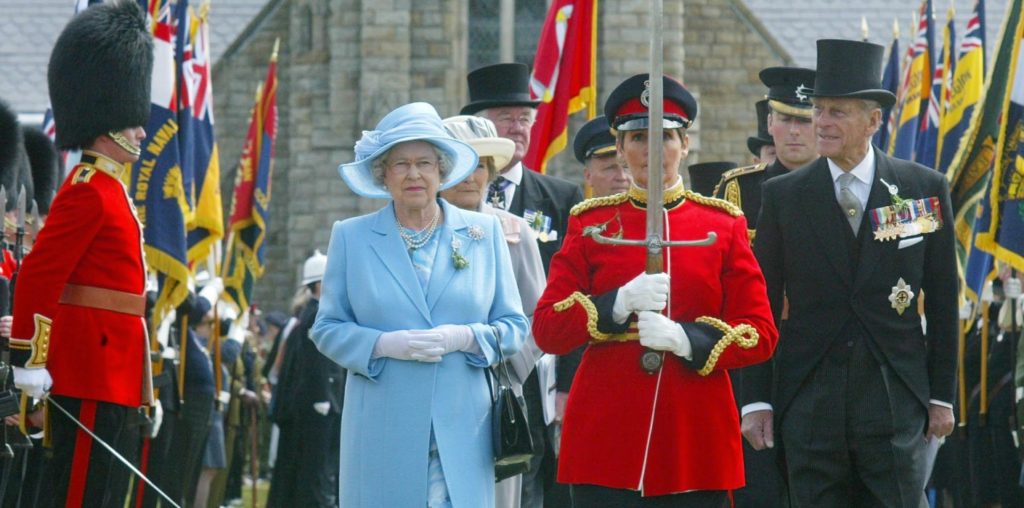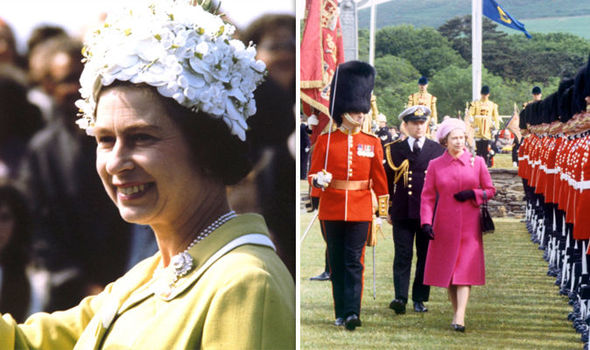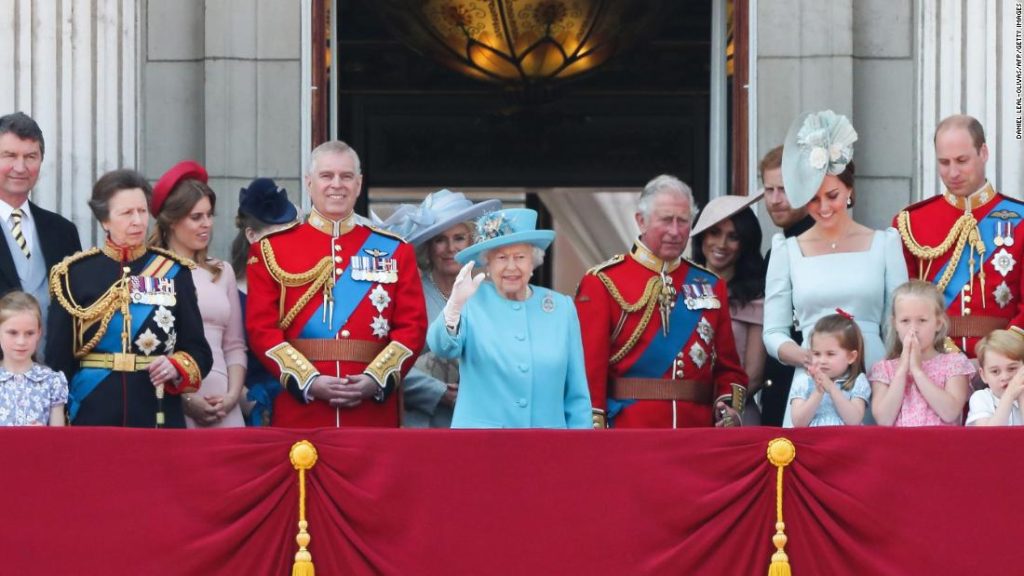The Crown Dependencies are not part of the UK but are self-governing dependencies of the Crown. This means they have their own directly elected government and legal systems and their own courts of law. The Crown Dependencies are not represented in the UK Parliament. There are three crown dependencies the Bailiwick of Guernsey, the Bailiwick of Jersey and the Isle of Man, tis means they are not member states of the Commonwealth of Nations but they do have a relationship with the Commonwealth, different international organisations and are members of the British-Irish Council.

The Channel Islands is comprised of two Crown Dependencies the Bailiwicks of Jersey and Guernsey. The Bailiwick of Guernsey is comprised of the Islands of Guernsey, Alderney, Sark and Herm. They have wide powers of self-government, although primary legislation passed by the assemblies requires approval by The Queen in Council (Privy Council). The United Kingdom Government is responsible for the defence and international relations of the Islands and the Crown is ultimately responsible for good governance.

Jersey is a British Crown Dependency and is defended and internationally represented by the UK government. Today, the Lieutenant-Governor of Jersey is the personal representative of His Majesty the King here in the Island. “The Crown” is defined differently in each Crown Dependency. In Jersey, statements in the 21st century of the constitutional position by the Law Officers of the Crown define it as the “Crown in right of Jersey”, with all Crown land in the Bailiwick of Jersey belonging to the Crown in right of Jersey and not to the Crown Estate of the United Kingdom.
Why is Jersey a Crown Dependency?
Jersey is classified as a Crown Dependency, since the Island’s relationship stems from the sovereignty of the British Crown, as opposed to the UK Parliament or HM Government. In practice, this gives the Island constitutional rights of self government and judicial independence.


Jersey is not part of the UK and is not represented in the UK Parliament. The UK Parliament does not legislate for the Island without consent, however, the UK Government, on behalf of the Crown, does retain formal responsibility for the Island’s defence and, to some extent, its foreign affairs.
In May 2007, Jersey’s Chief Minister signed the International Identity Framework Document with the UK Secretary of State for Constitutional Affairs. The framework is intended to clarify the constitutional relationship between the UK and Jersey. The framework recognises that Jersey has an international identity which is distinct from that of the UK and outlines the UK’s support for the development of Jersey’s international identity.
How did Jersey become a Crown Dependency?
The Channel Islands were part of the Duchy of Normandy when Duke William, following his conquest of England in 1066, became William I. In 1106, William’s youngest son Henry I seized the Duchy of Normandy from his brother Robert; since that time, the English and subsequently British Sovereign has held the title Duke of Normandy.
By 1205, England had lost most of its French lands, including Normandy. However, the Channel Islands, part of the lost Duchy, remained a self-governing possession of the English Crown. While the islands today retain autonomy in government, they owe allegiance to The Queen in her role as Duke of Normandy.

